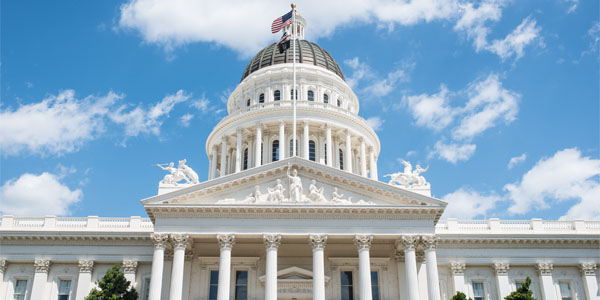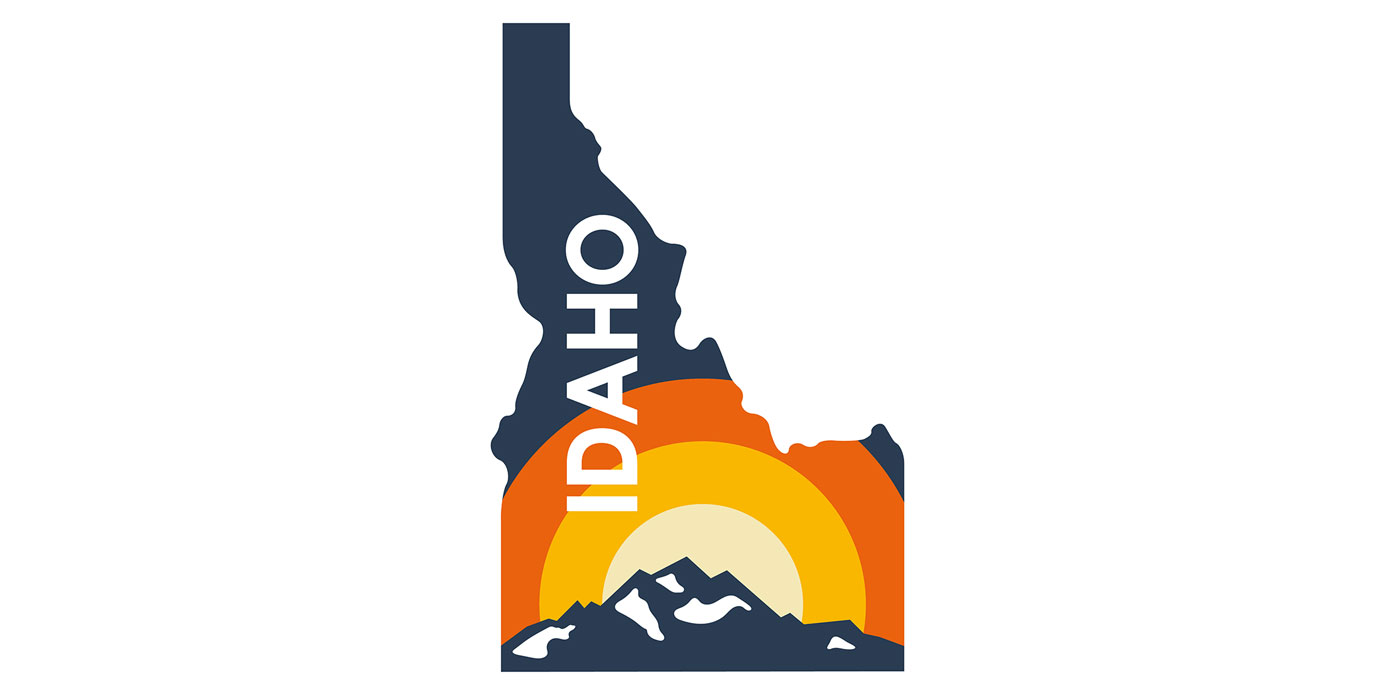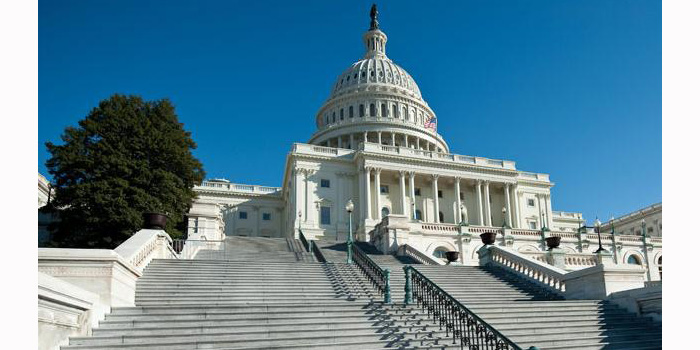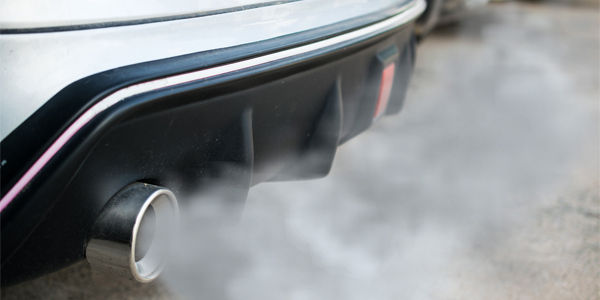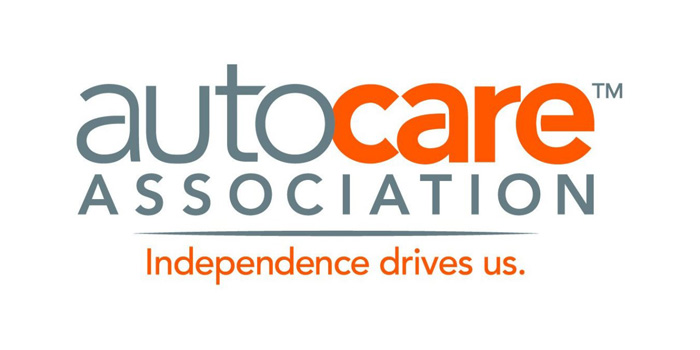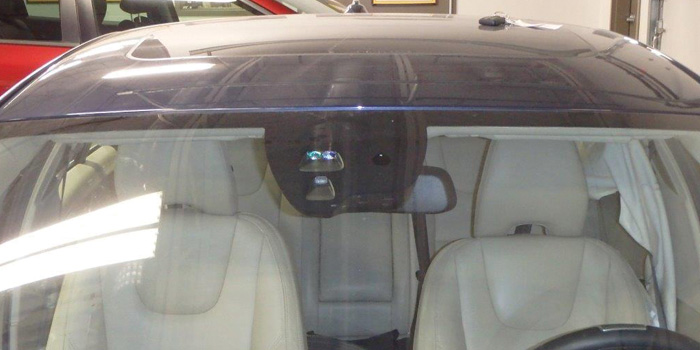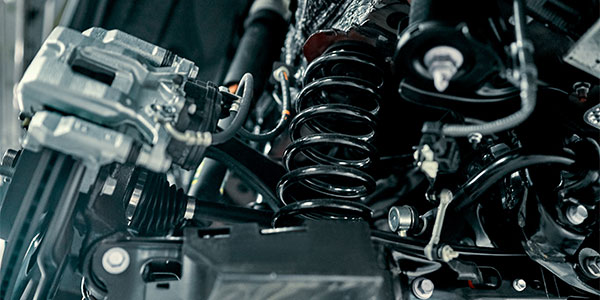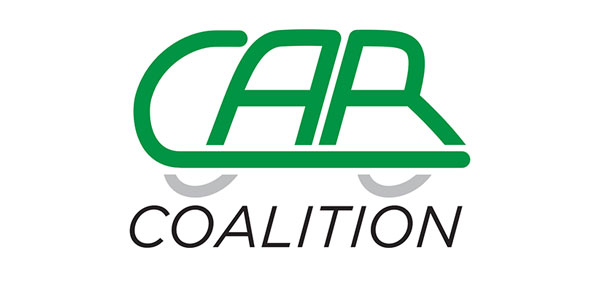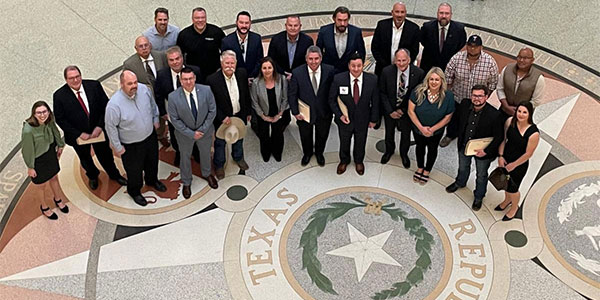Assembly Bill (A.B.) 471, a measure that will expand the inspection of vehicle safety components and systems, was signed into law by Governor Gavin Newsom on Sept. 28.
Authored by Assemblymember Evan Low (D-Silicon Valley) and co-authored by Assemblymember Heath Flora (R-San Joaquin Valley), A.B. 471 combines the state’s current Brake and Lamp inspection program required for salvage vehicles to be registered by the state Department of Motor Vehicles (DMV), renames it the California Vehicle Safety Inspection Program (CVSIP) and includes additional safety inspection criteria and systems as developed by the California Bureau of Automotive Repair (BAR). The bill also allows safety certificates to be electronically sent to the DMV by BAR, saving money for the state, and creating convenience for consumers, inspection stations and repair shops.
“We applaud Assemblymember Low, BAR and Governor Newsom for recognizing there is a safety concern with respect to salvage vehicles and taking action to protect consumers,” said Rodney Pierini, president and CEO of CAWA – Representing the Automotive Parts Industry and convener of the industry vehicle safety inspection task force. “Many of the revived total loss salvage vehicles could have additional safety concerns beyond lamps and brakes, including cracked windshields, illuminated or damaged airbags, faulty seat belts, etc. Yet they still pass inspection and are sold to unsuspecting consumers who think they are purchasing a safe vehicle. The signing into law of A.B. 471 will ensure consumers who purchase a salvage vehicle are purchasing a safe vehicle.”
A.B. 471 also allows BAR to collect additional information from the automotive repair dealer application, including educational and training certifications that are nationally recognized and generally accepted by the automotive repair industry (e.g., ASE and I-CAR).
“Automotive repair professionals spend a considerable amount of time and money training automotive service technicians to properly and safely repair vehicles,” said Dave Kusa, chair of the Automotive Service Councils of California (ASCCA) Governmental Affairs Committee, representing automotive service professionals. “Under A.B. 471, these training certifications would be included on the BAR public website to assist consumers to easily identify auto repair shops that have proper training and certification credentials. I think it’s a win-win for both consumers and automotive repair shops.”
CAWA formed an advisory task force in 2019 to explore options to create a California Vehicle Safety Inspection Program. Led by CAWA, the task force includes the Automotive Service Councils of California (ASCCA), Auto Care Association, Coalition for Automotive Repair Equality (CARE), Automotive Service Association (ASA), Automotive Aftermarket Suppliers Association (AASA), Motor Equipment Manufacturers’ Association (MEMA) and the Association for Sustainable Manufacturing (MERA) and other CAWA member automotive companies.
Assemblymember Low represents the 28th Assembly district in California and is the chair of the Assembly Business and Professions Committee. The bill text of A.B. 471 can be viewed here.

